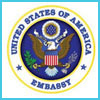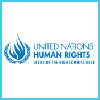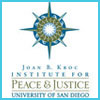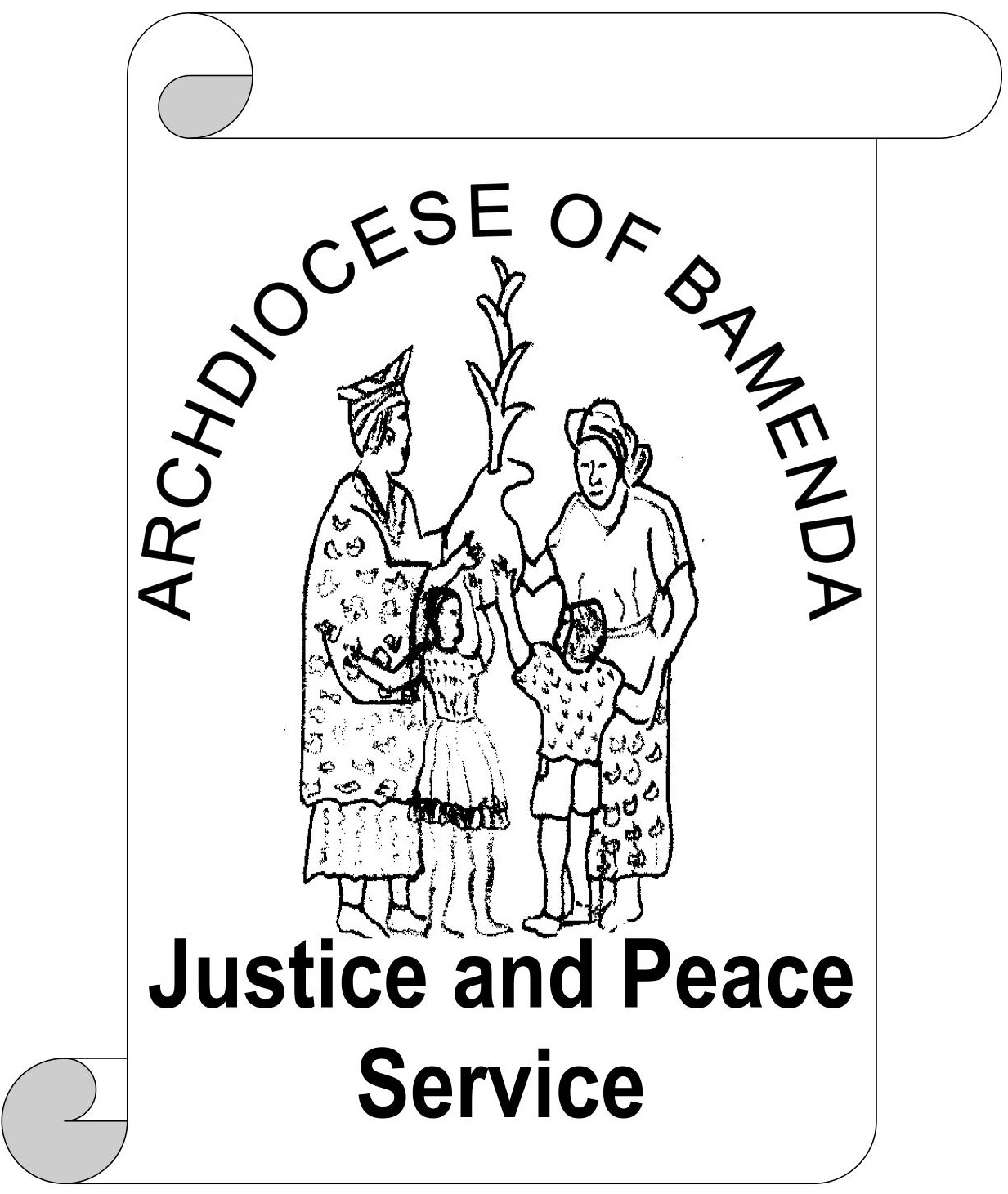Introduction and History of JPC
" Working for Justice and Peace is a Question of Balance."
The Justice and Peace Commission, as a pastoral structure of evangelization, has as aim to help in building up a just and peaceful society by promoting all that enhances the dignity of the human person, combating and denouncing all that degrades and destroys the human person, and by resolving conflicts (PPP*, Pg. 75).
It came into being after the fathers of Second Vatican Council had proposed the creation of a body of the Universal Church whose role would be “to stimulate the Catholic Community to foster progress in needy regions and social justice on the international scene”. It was in reply to this request that Pope Paul VI established the Pontifical Commission “Justitia et Pax” on the 06th of January 1967 (Catholicam Christi Ecclesiam).
Two months later, he stated that the name of this body, which is also its programme, will be “Justice and Peace” (Populorum Progressio No. 5).
After a ten-year experimental period, Pope Paul VI gave the Commission its definitive status with the Motu Proprio Iustitiam et Pacem of 10th December 1976. When the Apostolic Constitution Pastor Bonus of 28th June 1988 reorganized the Roman Curia, Pope Saint John Paul II changed its name from Commission to Pontifical Council and reconfirmed the general lines of its work.
The First Synod of African Bishops that held in Rome in 1994 equally had Justice & Peace as one of its sub-themes. This Synod ended with the promulgation of the Post-Synodal Apostolic Exhortation, Ecclesia in Africa. In this document, Pope John Paul II made a clarion call to all Episcopal Conferences to establish, where they do not yet exist, Justice and Peace Commissions at various levels (Ecclesia in Africa No. 105).
In 1995, the Bishops of Cameroon responded to this exhortation by creating a Sub-Commission for Justice and Peace, which today is the National Service for Justice & Peace of the Nationational Episcopal Conference of Cameroon (NECC).
At the level of the Sub-Region – Association of Episcopal Conferences of Central Africa Region (ACERAC), the Commission was created in 1999, and at Continental level, Symposium of Episcopal Conferences of Africa and Madagascar, (SECAM), there is the Department of Justice, Peace and Development.
On the 12th of December 2002, the Archbishop Emeritus of Bamenda, of blessed memory, His Grace, Fr. Paul VERDZEKOV established the Justice and Peace Commission in the Archdiocese of Bamenda.
Five years later, His Grace Cornelius Fontem Esua reorganized the pastoral structure of the Archdiocese and what was the Commission became a Service with a fully functional office acting as the Archbishop’s Secretariat in matters of Justice and Peace (PPP Section 2.2).
Then, elected members at Deanery level, together with Staff of the Service now make up the Commission (PPP Section 3).
*PPP – Provincial Pastoral Plan, Ecclesiatical Province of Bamenda (Revised Edition)
Partners












